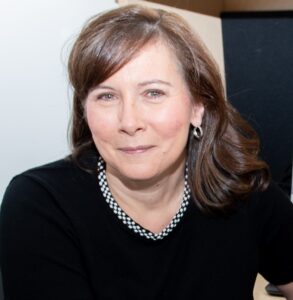
Kym Boycott, MD, PhD, FCCMG, FRCPC
Kym Boycott is a Professor of Pediatrics at the University of Ottawa in Canada, where she is a Clinical Geneticist at the Children’s Hospital of Eastern Ontario (CHEO), Chair of the Department of Genetics, a Senior Scientist at the CHEO Research Institute, and holds a Tier 1 Canada Research Chair in Rare Disease Precision Health. She leads the national Care4Rare Canada Consortium, Rare Disease Models and Mechanisms Network, and the All for One Precision Health Initiative, integrating genomic, other –omics, data sharing, and model systems to improve our understanding of rare disease.
Here is what she has to say about rare diseases:
In your opinion, what are some of the biggest challenges facing the rare disease community today?
“Rare diseases, by their very nature, are siloed – within healthcare systems, communities, and countries. Sharing data is one of our biggest challenges and probably one of the most important ones to tackle. Data-sharing can improve diagnosis as well as clinical care in every dimension imaginable. The barriers to data-sharing, particularly in the clinical setting need legal frameworks, agreements, and committed stakeholders. In the research setting, data-sharing needs sustainable infrastructure. Recognition of these challenges and focused investment to address them would contribute to Canada’s international leadership in rare disease. “
What are specific areas within the rare disease landscape that particularly excite you and why?
“I am interested in halting the diagnostic odyssey for patients with rare diseases by bringing clinical genomics and other new technologies to the front of the diagnostic care pathway.
I find the possible positive impact of AI/machine learning on early identification of patients of rare diseases in electronic health records exciting. The application of AI to interpretation of our genome is also exciting so that patients receive an accurate diagnosis.
New Canadian investments in some data-sharing infrastructure for genomics is a great start to building a sustainable approach for Canada. “
How would you describe yourself in one sentence?
“I am a Clinician Scientist whose research program bridges clinical genomics to basic research and is focused on understanding the molecular pathogenesis of rare diseases to improve patient care and family well-being.”

